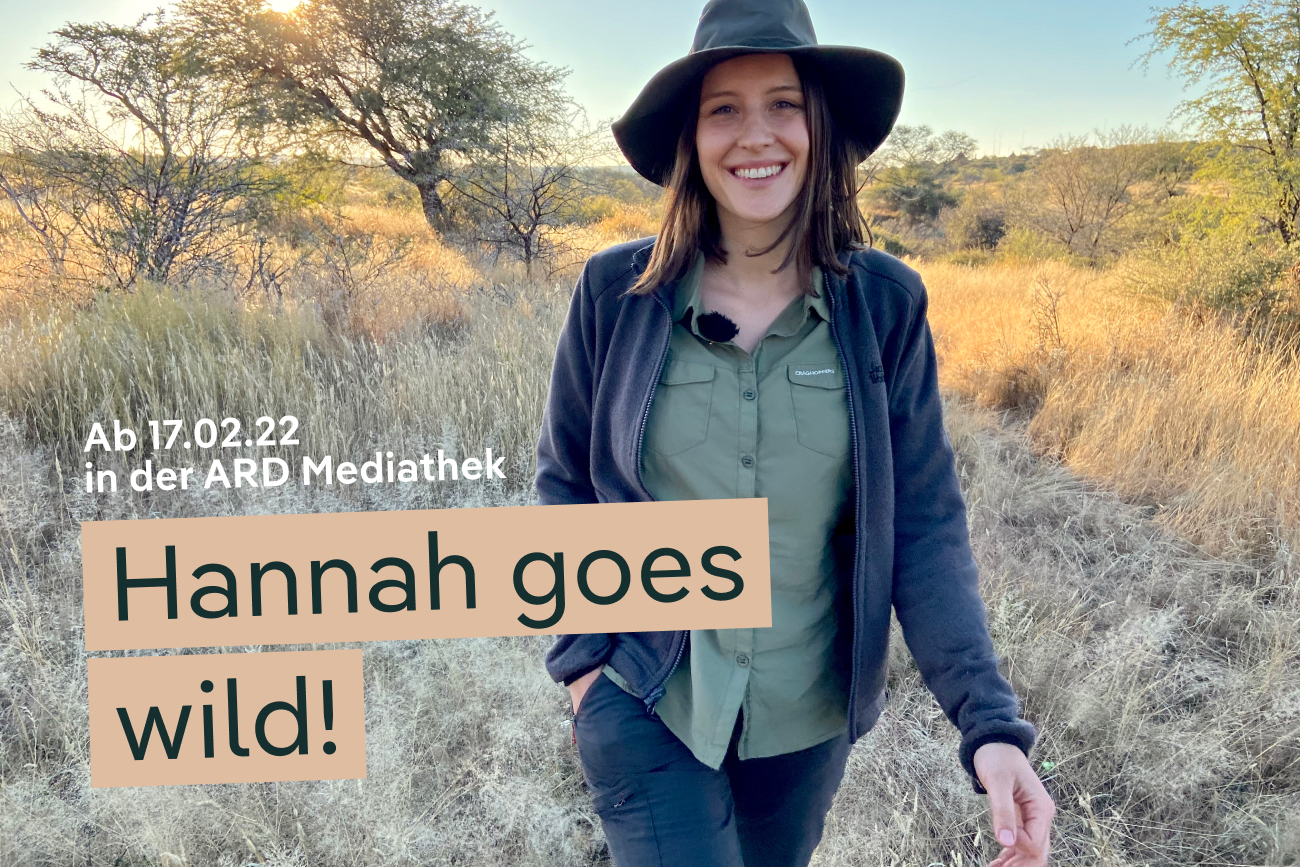
Soy – Better Than Its Reputation?
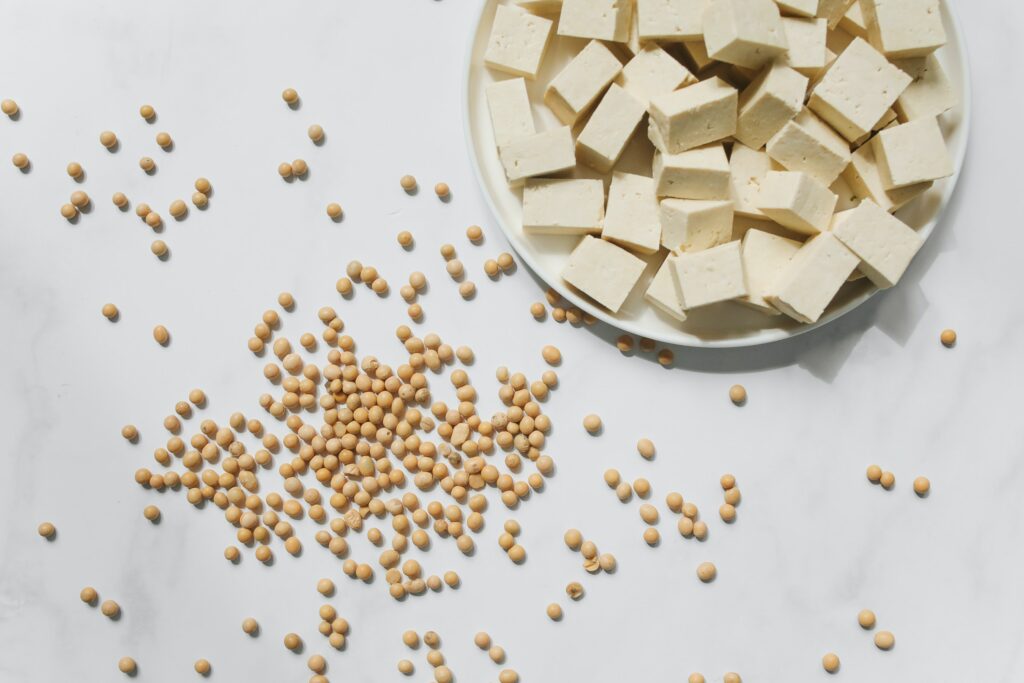
“I don’t give a damn” is a common expression. But when it comes to preserving biodiversity, a small bean can often have a big impact. For instance, when talking about soy, many people think of genetically modified monocultures and cleared rainforests in South America. And unfortunately, that largely corresponds to reality. In Brazil in particular, the rainforest has to make space for the production of soy. The country has increased its cultivation areas for soy plants by 160% since 2000. Accordingly, it is no surprise that they are at the top of the ranking of the world’s largest soy producers. But what is the truth behind the soybean’s bad reputation?
Food
for Thought
The soybean is characterized by a very high protein content and is a super source of protein. It also contains many polyunsaturated fatty acids, so it can have a beneficial impact on cholesterol levels. The rumor that soy makes you infertile or promotes breast cancer has also been circulating in the social media for quite some time. The reason for this is isoflavones. They belong to the secondary plant substances of the soybean and are structurally very similar to estrogen. Binding to estrogen receptors in the body has been demonstrated in experiments on cell cultures of pigs. However, several studies* show that the consumption of soy products in adequate quantities has no negative effects on health.
In fact, there is already evidence that moderate consumption of unprocessed soy products significantly reduces the risk of cardiovascular disease. Natural products include tofu and tempeh, for example. So we should be aware that a highly processed product such as a soy-based burger patty is not healthy per se. However, the eco-balance clearly speaks in favor of such meat alternatives.
In contrast to many assumptions, only a fraction ends up directly on people’s plates. Only 2% of the global soy harvest is eaten by humans in the form of soy products such as tofu or soy milk. 18% ends up as soybean oil in convenience products, biofuels or cosmetics. The largest share of 80% is fed to our livestock for meat, milk and egg production. So it is not the increasing trend towards vegetarian or vegan diets that is responsible for the large-scale deforestation of the rainforests, but the large quantities of feed needed for our farm animals and meat production.
In fact, there is already evidence that moderate consumption of unprocessed soy products significantly reduces the risk of cardiovascular disease. Natural products include tofu and tempeh, for example. So we should be aware that a highly processed product such as a soy-based burger patty is not healthy per se. However, the eco-balance clearly speaks in favor of such meat alternatives.
In contrast to many assumptions, only a fraction ends up directly on people’s plates. Only 2% of the global soy harvest is eaten by humans in the form of soy products such as tofu or soy milk. 18% ends up as soybean oil in convenience products, biofuels or cosmetics. The largest share of 80% is fed to our livestock for meat, milk and egg production. So it is not the increasing trend towards vegetarian or vegan diets that is responsible for the large-scale deforestation of the rainforests, but the large quantities of feed needed for our farm animals and meat production.

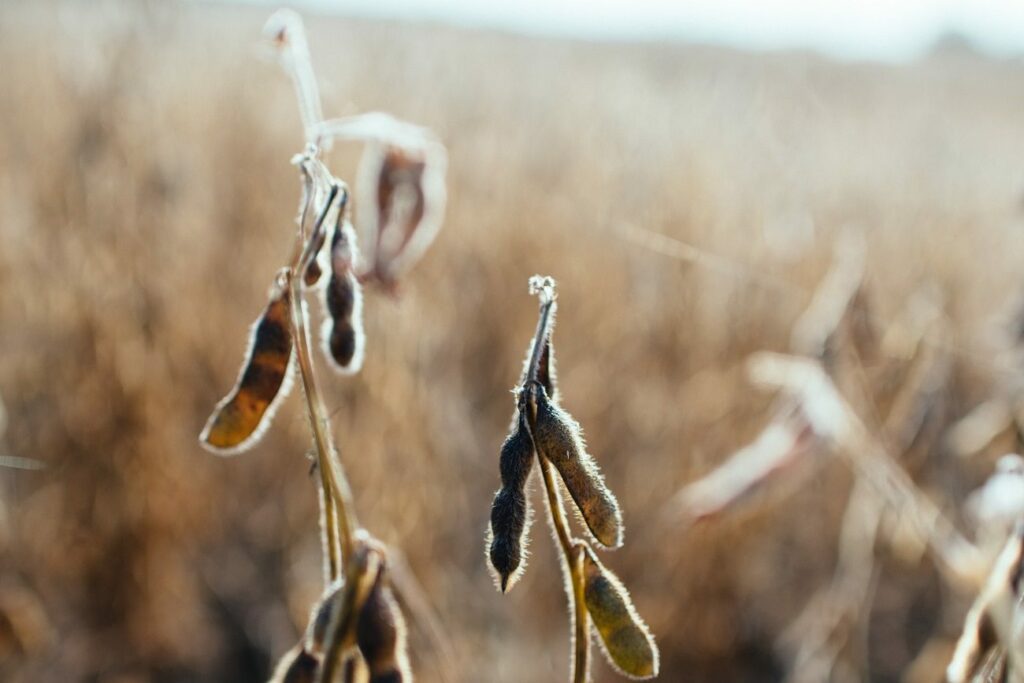
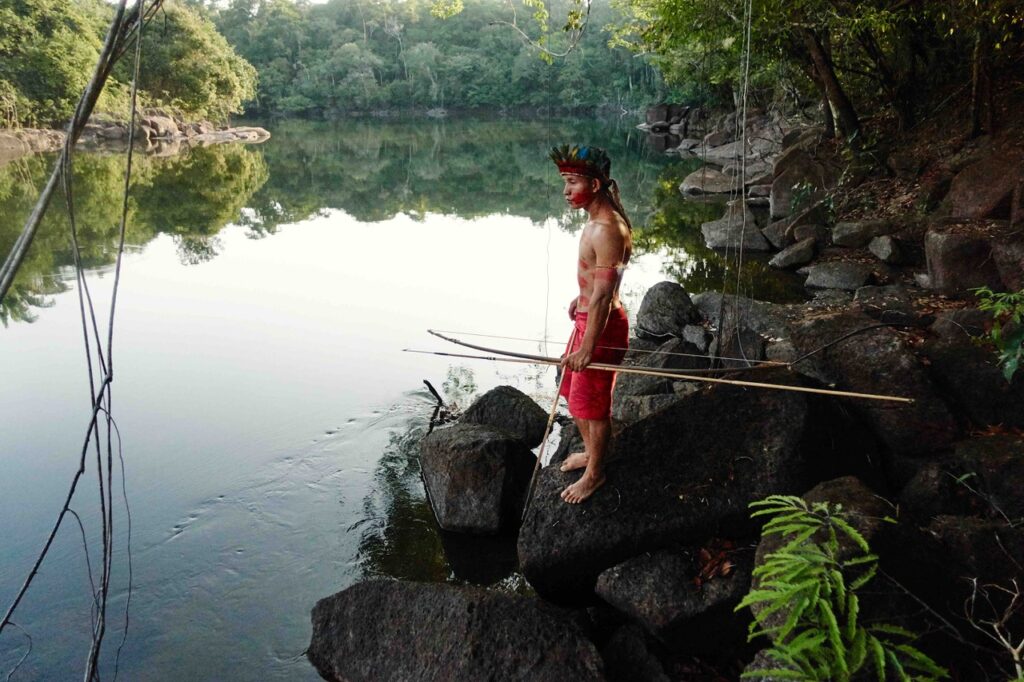
The Price Question
The Amazon rainforest and its inhabitants are particularly affected by the enormous area required for soy cultivation. If we eliminate or reduce animal products from our diet, we can counteract further deforestation. Vegetarians and vegans in particular like to use soy products such as tofu or soy milk as a substitute. But is this really the better option? In general, it can be said that plant-based alternatives have a significantly better eco-balance compared to animal products. This conclusion was reached after a large-scale study by the German Federal Environment Agency. According to this study, 2.8 kg of greenhouse gases are emitted for one kilo of plant-based meat substitute. For pigs, the figure is 4.1 kg and for cattle as much as 30.5 kg of greenhouse gases per kilo of meat produced. The consumption of fresh water and usable land area is also disproportionately high in conventional livestock farming.
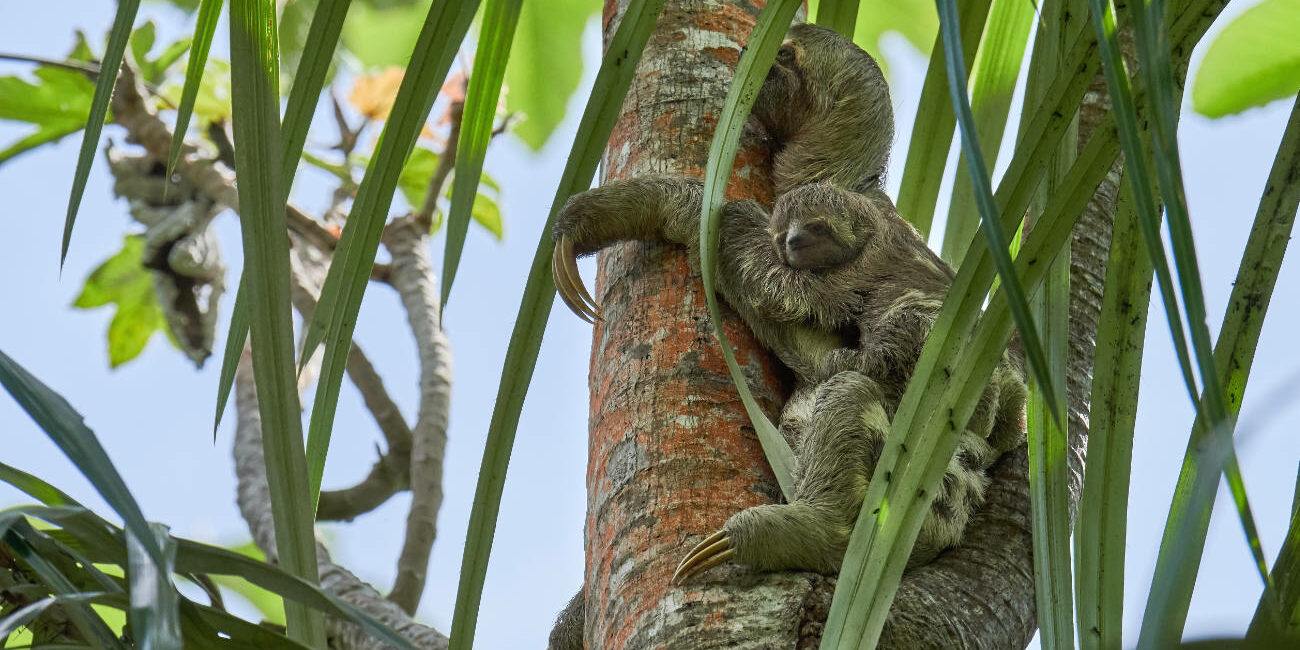
Takeaways
Tempeh, soy milk and vegan minced meat are not to blame for the devastating slash-and-burn farming in South America. In general, however, when buying soy products you should also try to pay attention to regionality and study the list of ingredients, because not every soy product is healthy. Particularly in the case of convenience products, moderate consumption is therefore advised. In fact, there are also regional alternatives in Europe. In warm areas, such as the Danube region, soy is already being grown. However, the quantities of European soy are still relatively very small, but have been steadily increasing in recent years. Soy products produced by German, Austrian or Swiss companies already contain at least 90% soy from European cultivation. The remaining 10% comes from other growing regions such as North America.
Other advantages of European in-house production, in addition to the significantly shorter delivery routes, are the relatively high requirements for cultivation. Compliance with minimum social and ecological standards is mandatory and is regularly monitored. In addition, no genetically modified plants are allowed to be cultivated. A good reason why “the bean” should interest you after all.
Other advantages of European in-house production, in addition to the significantly shorter delivery routes, are the relatively high requirements for cultivation. Compliance with minimum social and ecological standards is mandatory and is regularly monitored. In addition, no genetically modified plants are allowed to be cultivated. A good reason why “the bean” should interest you after all.
Sources and further information
Titelfoto by Polina Tankilevitch on Pexels
Quellen:
*https://ecodemy.de/magazin/soja-gesund-oder-ungesund/For further reading:
https://albert-schweitzer-stiftung.de/themen/vegan-gesund/soja-gesund-oder-ungesund
https://albert-schweitzer-stiftung.de/aktuell/warum-sojawurst-nicht-dem-regenwald-schadet
Niko Rittenau: Vegan-Klischee ade! Wissenschaftliche Antworten auf die kritischen Fragen der veganen Ernährung

Saskia Becker
from the Nepada Wildlife Team
provides insights into wildlife conservation in everyday life
Our “Species protection to go” contributions make no claim to be
completeness, but merely provide insights for a more conscious and
more sustainable way of dealing with our planet. Together
we can do a lot better, but we can’t do everything right straight away.
Would you like to share more insights on this topic? Or
do you have any critical comments? Then feel free to drop them below.
You may also like
Are zoos still up-to-date?
Zoos and large show aquariums are controversial institutions for many conservationists. We ask ourse
New series: “Hannah Goes Wild”
https://www.youtube.com/watch?v=Nd5-l4ZDInk(c) Doclights / NDR Naturfilm From the jungle to the wild
Borneo Gibbon – Last of its kind?
How 48 hours with a two-month-old baby gibbon, no bigger than my forearm, in the jungles of Borneo t




